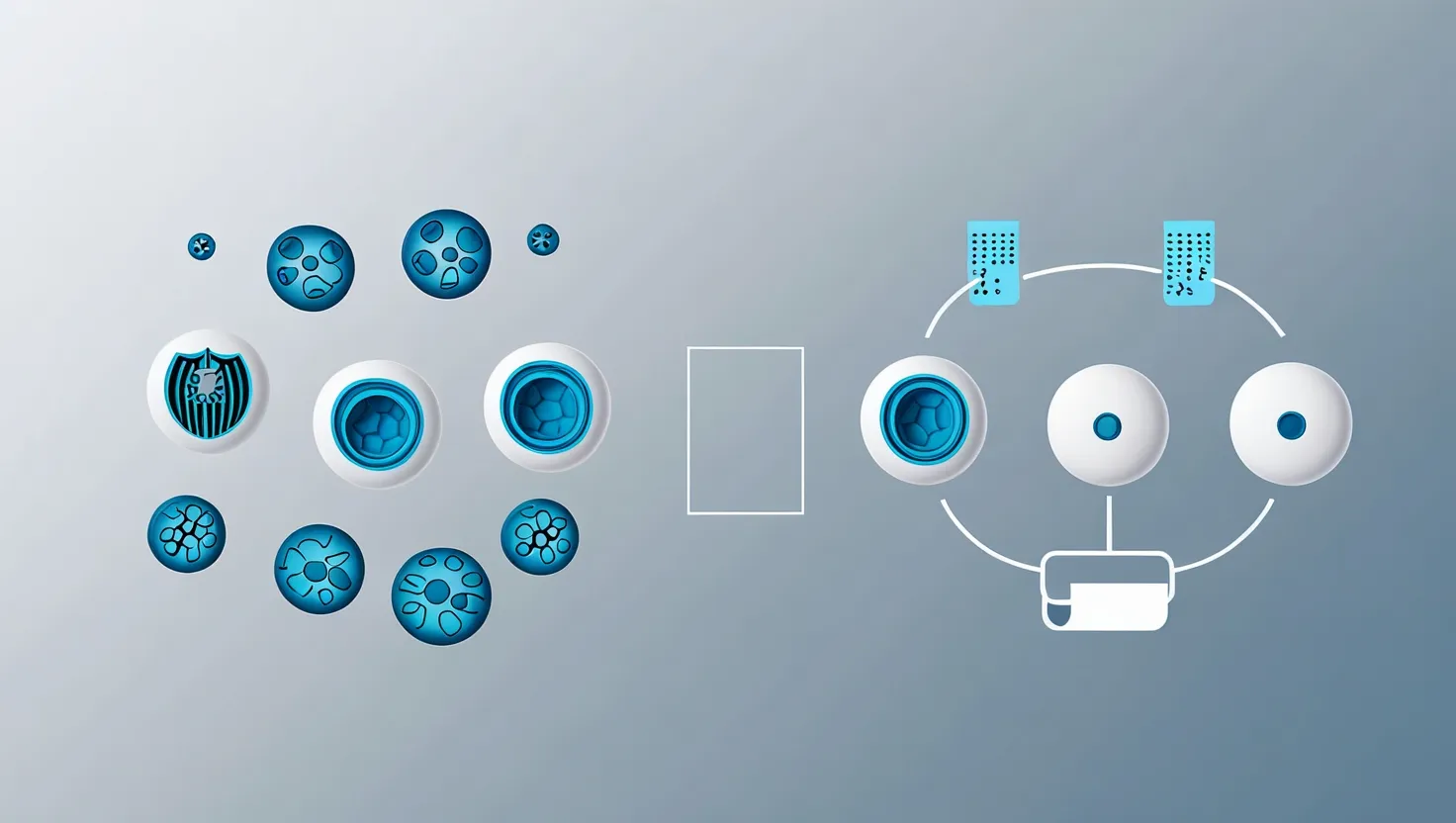Have you ever wondered how your body knows which cells to fight and which cells to keep safe? The human immune system makes these decisions every second—without our help or permission. Yet, for all its power, parts of this defense force still puzzle even the smartest scientists. I want to share with you five questions that keep immunologists up at night. As we go along, ask yourself: what would our lives look like if we could answer these mysteries completely?
Let’s start with a simple idea: your body needs to attack germs but leave your own tissues alone. This is supposed to happen smoothly, but how? The immune system uses checkpoints and ‘self’ labels to decide which cells are friendly. These are called self-tolerance mechanisms. Imagine police officers who know every citizen’s face, but sometimes, alarms still go off by mistake. Diseases like type 1 diabetes or lupus happen when the system loses track and starts attacking your own body. The doctors know about these friendly-fire accidents, but what switches the immune system from tolerance to attack? That’s still up for debate. One small twist in these checks—even in just a few cells—can change someone’s entire health. I always think: if we could map out each tolerance pathway, could we one day turn off autoimmunity like a light switch?
To quote the famous immunologist Elie Metchnikoff:
“Disease is not an accident but the result of interaction between the organism and its surroundings.”
Now, consider what happens when you get a flu shot. You might feel a sore arm, but that discomfort trains your body for years—even decades. This is called immunological memory. It means your body remembers specific germs and how to fight them. But how can your cells remember something for half a lifetime? The answer involves tiny memory cells that hold secret ‘wanted posters’ of invaders. But not all these cells are understood. Why do some memories last and others fade? Sometimes people lose their immunity faster than expected, or their bodies keep a memory forever. Are other, hidden systems at work here? What triggers a memory cell to keep that memory so long? It’s a question that feels almost personal—you and I build our own immunity history as we move through life.
Here’s a quote from Sir Peter Medawar, Nobel Prize-winning biologist:
“The immune system has a memory of encounters, rich beyond telling, which may persist for life itself.”
But the immune system is not just one united army; it’s more like two forces working hand-in-hand. The first force, called innate immunity, acts within minutes. It’s swift, but not very specific—it’ll attack anything strange. The second, adaptive immunity, takes longer but targets threats in a more focused way, almost like a sniper instead of a general. How do these forces talk to each other? Sometimes they cooperate, but other times, the attack gets out of control, leading to too much inflammation and even damage to healthy tissues. What communication signals or checkpoints allow them to coordinate without chaos? I find it fascinating that your body often finds the right balance instinctively. But why does it go wrong in diseases like sepsis, where the immune army harms as much as it helps?
Ralph Waldo Emerson once said,
“The first wealth is health.”
I often think about why some people react better to vaccines than others. You may have noticed this—one friend never gets sick, while you catch every cold. Vaccines rely on the body’s memory, but even with the same shot, some people develop strong protection and others don’t. This isn’t just about luck. Your genes play a part, as do things like stress, gut bacteria, and maybe even where you live. Scientists have found rare gene patterns that make vaccines work much better or not work at all. But most of the reasons for this difference are still hidden. What if we could predict how well someone would respond to a shot—could we then tailor medicine for each person, rather than giving everyone the same formula?
“Medicine is a science of uncertainty and an art of probability.”
William Osler said this, and it still rings true thinking about immune responses.
The last puzzle is my personal favorite: immune resilience. You know those people who never seem to get sick, even when everyone around them is coughing and sneezing? The biological reasons for this are only partly known. Maybe it’s a quirk of their immune genes, maybe something in their microorganisms, or maybe habits that nobody’s tracked yet. A few super-resistors have been studied—people who stay HIV-negative despite heavy exposure, for example. What protects them? Sometimes a small change in a single protein gives them superhero resistance. Other times, nothing obvious is found. If we understood this resilience fully, could we copy it and make everyone just as tough?
“Health is the greatest possession.”
This line from philosopher Lao Tzu sticks with me, because it turns immune mysteries into something deeply human.
Let’s stop for a moment: if you could switch on resilience or memory or perfect tolerance, would you want to? Would there be side effects?
These questions remind me that the greatest advances in immunology often come from the least expected sources. Did you know that the study of a rare childhood disease called SCID—once called “bubble boy disease”—led to the birth of gene therapy? Or that research into a tiny bacterium found in soil turned into one of the world’s most used vaccines? Sometimes, big discoveries hide in plain sight and only reveal themselves when we ask new questions.
There are other odd facts about your immune system that can surprise even researchers. For example, your gut—yes, your intestine—holds more immune cells than your whole spleen and lymph nodes combined. Think about that: every bite you eat is watched by a silent bodyguard patrol. Or consider that your skin, often dismissed as just a barrier, signals to immune cells when it detects broken tissue, heat, or even certain types of stress.
I also find it fascinating that your immune system changes with age, but not always predictably. Some elderly people have immune systems that act much younger, while others lose protection quickly. Hormones, stress, sleep, and even social connections affect the immune response. A laugh isn’t just good for your mood—it has small but real effects on immune activity according to some studies.
Have you ever heard of immunological privilege? Some parts of your body—like your eyes and brain—are mostly shielded from immune attacks. Scientists think this is to prevent swelling that could harm delicate tissues. But why do these areas sometimes lose their protection, causing conditions like multiple sclerosis or uveitis? The immune system’s rules are full of exceptions.
When I think about these mysteries, I realize there’s much we don’t appreciate. Your immune system works day and night with little rest. It keeps up with new viruses, strange bacteria, worn-out cells, and even rogue cancer cells. But it’s still learning, and so are we.
So, I ask: what part of your immune system do you trust most—the rapid fire of innate immunity or the careful plans of adaptive cells? Do you think we’ll ever crack the code of immune resilience? These aren’t just questions for doctors or scientists. They shape policies, vaccines, treatments, and daily health decisions for all of us.
As we end this journey through immune mysteries, I invite you to keep asking why. The immune system is not just biology—it’s the story of how our bodies protect life. The answers we find—and the questions we keep—shape the future of medicine, and maybe even the course of your own health journey.






